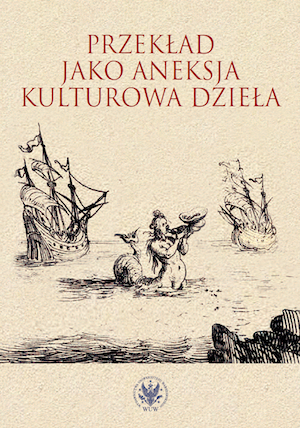Kilka uwag o losach Epody II Horacego w poezji ziemiańskiej
Some Remarks on the Reception of Horace’s Epode II in Old-Polish Nobleman Poetry
Nostrification Strategies
Author(s): Alina Maria Nowicka-Jeżowa
Subject(s): Cultural history, Studies of Literature, Polish Literature, Theory of Literature
Published by: Wydawnictwa Uniwersytetu Warszawskiego
Keywords: Jan Kochanowski’s Elegies; Horace; emulation paraphrasis; The Song of the Midsummer Sabbath; old Polish rustic poetry; Virgil
Summary/Abstract: In the article I present "Pieśń świętojańska o sobótce" (The Song of the Midsummer Sabbath) as a suggestive design for country life, assimilated in the Sarmatian culture in a series of stereotypes of the happy rural abode and life in harmony with the natural and human environment, family and neighbours. Kochanowski’s recipe designates a roll-call of values (the freedom and respect enjoyed by a Polish country gentleman, the cultivation of his ancestral traditions, his observance of the traditional holidays and festivals, customs, and amusements, his contentment with the produce grown on his own land, marital and parental love, respect for the older generation, joie de vivre and mirth); and of antivalues (trade and business activities, life at court, and risky travel undertaken for lucre). I draw attention to the complex layering of inventio in this poem and the poet’s ambition to obtain a blend of the vernacular, ancient, contemporary, native and European traditions. I observe the literary game Kochanowski plays with his own "Elegies" written in Latin and at the same time with the Roman poems: Virgil’s "Georgics" and "Eclogues", and — especially — with Horace’s "Epode II Beatus ille qui procul negotiis", turning "Pieśń świętojańska o sobótce" and Epode II into a standard pair of model texts imitated by 17th-century poets unaware of the deeper meanings latent in them.
Book: Przekład jako aneksja kulturowa dzieła
- Page Range: 68-92
- Page Count: 25
- Publication Year: 2021
- Language: Polish
- Content File-PDF

